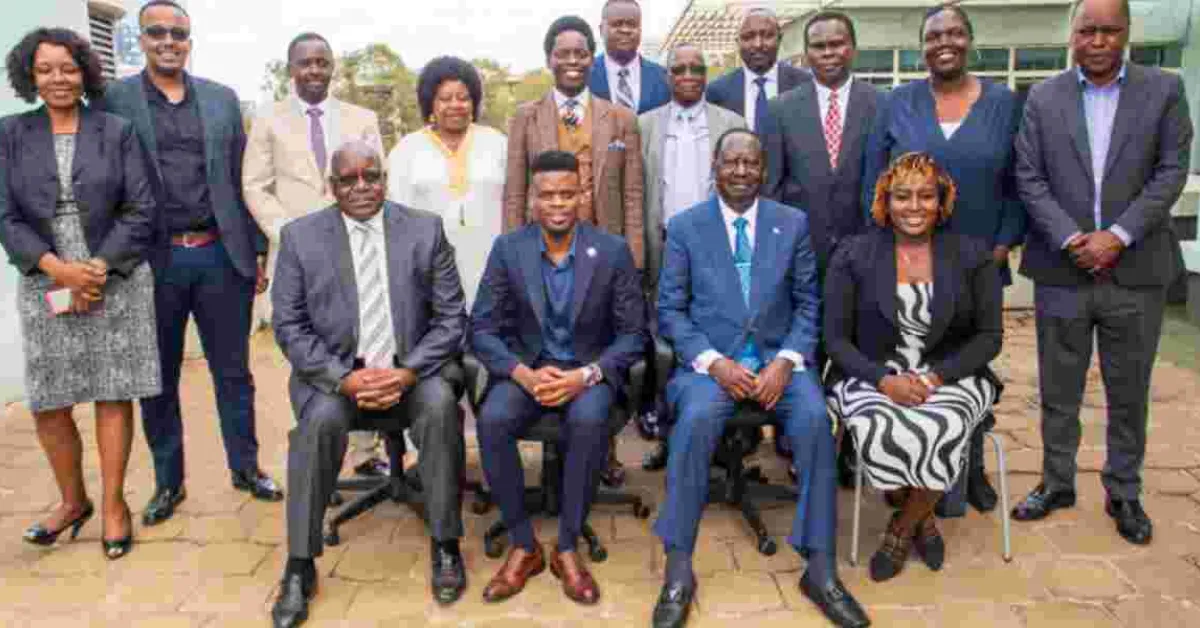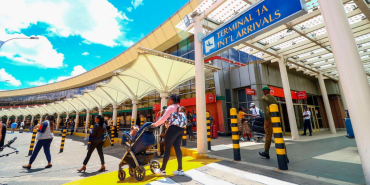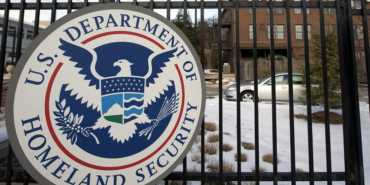Kenyan Diaspora Pushes for Political Voice as Remittances Hit Sh56.7B

Kenya's diaspora representatives met with former Prime Minister Raila Odinga on Tuesday, November 19, 2024, to advocate for parliamentary representation and improved voting accessibility.
Odinga confirmed the meeting through a statement, acknowledging their requests for both National Assembly representation and enhanced voter registration processes for Kenyans residing abroad. The push for greater diaspora electoral participation comes amid noteworthy growth in overseas voter registration. The Independent Electoral and Boundaries Commission's 2022 report revealed a major increase in diaspora voter numbers, rising from 4,223 in 2017 to 10,444 in 2022. While this figure represents just 0.05 per cent of Kenya's total registered voters, it signals growing political engagement among Kenyans living abroad.
“I met representatives of the Kenyan diaspora who made a presentation to me on increasing access to registration and voting for Kenyans living outside the country. They also made an appeal for my support for representation at the National Assembly,” Raila said.
To facilitate diaspora participation, the IEBC has established collaborative relationships with Kenyan diplomatic missions worldwide. Registration data shows varied participation across different countries, with Qatar leading at 1,457 registered voters, followed closely by Uganda with 1,411, and Rwanda with 1,090. Other significant registrations were recorded in South Africa, South Sudan, the United Kingdom, and the United Arab Emirates. The political significance of the diaspora community is underscored by their substantial economic contributions through remittances, which have emerged as Kenya's primary source of foreign exchange.
According to the Central Bank of Kenya's recent bulletin, diaspora remittances demonstrated remarkable growth, increasing by Sh2.4 billion between September and October 2024, reaching a total of Sh56.7 billion. The United States maintains its position as the dominant source of these remittances, contributing 53.7 percent of the total inflows in October 2024.














Comments
Who are these busybodies?Who…
Permalink
Who are these busybodies?Who appointed/elected them to represent me?Who told them I need representation in any political office?How have those represented in Kenya benefited?
I am not sure about other…
Permalink
I am not sure about other diasporans lakini mimi sihitaji mwakilishi Kenya. Dollars zangu zinaniakilisha kila pahali duniani.
I don't believe these…
Permalink
I don't believe these figures and have been saying it over and over. Either the Walia's first send money through Jamhuri or something is off here.
The high figures also fools our foolish leaders thinking that money is harvested from trees over majuu.Result, stealing from the state coffers to "beat" the "wealthy" diaspora.
Bure kabisa!!
EXACTLY WHO ELECTED THESE…
Permalink
EXACTLY WHO ELECTED THESE GOONS TO REPRESENT US .REPRESENT YOURSELF
Add new comment